Nightmares and Bad Dreams in Children – Causes and How to Help
Nightmares are very common in children, but they can be frightening for them and keep them awake at night. These childhood nightmares are scary or frightening dreams that often wake children up in the middle of the night, triggering anxiety, fear, and other intense emotions such as anger, sadness, or even embarrassment. Children aged between three and ten are particularly prone to experiencing these unsettling dreams. Although nightmares are a normal part of every child’s growth and development, they can still be distressing for both the child and the parents. However, they are usually not a reason for worry, as most children outgrow them over time.
What Are Nightmares?
Nightmares are bad dreams that frighten children and cause them to wake up in fear in the wee hours of the night. Nightmares could be about imaginary scary things or about real-life dangers that the child has learnt about (1). Young children who wake up in distress may not be able to separate reality from their dreams and may actually think that something bad has happened. As they get older, they realise that dreams are unreal. It is usual for children to have nightmares about imaginary things like scary dolls or monsters. Older children may have nightmares about real-life dangers. Examples of these include auto accidents, death, violence, aggressive animals, etc.
How Common It Is in Children
Nightmares are very common in children, particularly between the ages of 3 and 10, with studies suggesting that up to 50% of young kids experience frightening dreams occasionally, while around 10-30% have them frequently (2).
Difference Between Nightmares and Night Terrors
Nightmares and night terrors are both disruptive sleep disturbances in children, but they differ in key ways. Nightmares are frightening dreams that occur during REM sleep, usually in the second half of the night, causing the child to wake up fully, remember the dream, and seek comfort. In contrast, night terrors happen during non-REM deep sleep, typically in the first few hours of the night, leaving the child in a state of panic—screaming, sweating, or thrashing—while still mostly asleep and unaware of their surroundings. Unlike nightmares, children rarely recall night terrors the next morning and are difficult to console during the episode. While nightmares are common and generally harmless, frequent night terrors may warrant further evaluation if they disrupt sleep regularly (3).
How to Determine Whether Your Child is Having Nightmares
Nightmares can be confused with night terrors. Children experience night terrors early in the night when they are asleep. Although a child experiencing a night terror does not fully wake up, he can seem to be agitated or distressed in his sleep and may have a rapid heart rate. Children usually do not recall the episodes of night terror. Nightmares have a tendency to occur in the second half of the night, during Rapid Eye Movement (REM) sleep. Children dream in their REM sleep. After a nightmare, children wake up in fear and have to be calmed down. But, they have complete awareness and can recall their nightmare clearly after they wake up (4).
When Do Bad Dreams Occur?
Bad dreams can occur in children as a reaction to some real-life fear or trauma. They can also occur in response to imaginary fears that take over when a child reads a scary book or watches a frightening show just before bedtime. The subject of nightmares is usually a reflection of what the child is experiencing in real life. Examples could be struggling with aggression, fear of separation, etc. Nightmares can be about various things like animals, imaginary creatures, monsters, bad guys, familiar places, people, and memorable events.
Why Do Kids Have Nightmares or Bad Dreams?
The exact cause of nightmares in children are not known. They may originate from what a child experiences in the daytime, something that is upsetting. Nightmares are often a result of a traumatic experience. The type of nightmare is related to the developmental stage of the child’s life. For example, a toddler could have nightmares about being lost and separated from his parents. Older children may have nightmares about death. So, the intensity of nightmares differs in children of different age groups (5).
Tips to Help Your Child After Nightmares
Here are some tips to help your child calm down and return to bed after having a nightmare (6):
1. Comfort and Reassure
If your child wakes up in distress after a nightmare, comfort him with a hug, cuddle him, or kiss him. Reassure your child that you will not let anything bad happen to him so that he will go back to sleep knowing that you are there for him.
2. Ensure Your Child Gets Enough Sleep
If your child is sleep-deprived, he is more likely to suffer from nightmares. Make sure the child gets enough sleep. Make him follow a routine. Tell him he should sleep at 10 pm every night and eventually he will get into the habit of sleeping at the same time and won’t be awake until late.
3. Talk About It
Discuss the nightmare during the day with your child and try to determine if there is a recurring pattern. This could help you find out what is making him fearful or anxious. Once you find the cause, you can work on fighting that fear.
4. Use Magic
For young children, you can reassure them with the magical power of your protection. You can get rid of monsters using a magic monster spray. You can also check under the bed to make sure there are no monsters hiding beneath.
5. Help the Child Go Back to Sleep
If the child wakes up in distress, calm him down with a soothing voice and help him go back to sleep. Talk about some happy dreams the child might like to have or gently kiss his palm and hold his hand till he falls asleep.
6. Security Blanket
Offer the child a security object to hold while going to sleep. For instance, you can give him a blanket, cuddly toy, or his favourite pillow. This is especially helpful when you are not around to soothe him.
7. Nightlight
Most children are afraid of the dark. The night makes shadows seem like scary monsters. Leave a nightlight on for the child so that he does not fear the dark.
8. Work Out Methods to Dispel Nightmares
Discuss with your child and come up with methods to dispel nightmares. If the child is afraid of the dark, you could leave a flashlight by his pillow that can be used to dispel nightmares. If the child is scared of monsters, you can reassure him that monsters are imaginary. You can also make up a funny ending to the dream to eliminate his fear.
How to Encourage Sweet Dreams
After having a nightmare, it will be hard for your child to go back to sleep. But, if it happens every day, even you won’t get enough sleep. This is why you must encourage sweet and happy dreams in children. Follow these tips to prevent nightmares and encourage sweet dreams:
- A Warm Bath: A warm bath can help in calming the child and it will also help him sleep better.
- Dream Catcher: You could also hang a charm over your child’s bed and tell him that it is a dream catcher that catches and stops bad dreams.
- Reading Happy Stories: Reading happy stories before bedtime uplifts a child’s mood and fills his mind with positive thoughts before sleeping which keeps bad dreams at bay.
- Avoid Reading Scary Books to Your Child Before Their Bedtime: Do not allow the child to watch scary shows or read scary stories before bedtime as those stories would wander in his mind and may scare him at night.
- Snuggle and Wish Them Sweet Dreams: Snuggle with your child for a while and wish him sweet dreams. This will make him go to sleep in a happy mood, reassured by your touch.
When to Consult a Doctor
Nightmares are common in children, especially if they see a scary movie or read a book filled with fear. But, if your child is doing neither of the two and is still having bad dreams night after night, you need to take him to a doctor. Below are some cases when you should consult a doctor:
- If the child has nightmares every night for a prolonged period.
- If there are recurring nightmares in children, especially after a traumatic event in real life.
- If the child is having bad dreams despite all your reassurances and this is affecting his day-to-day life.
- If the nightmares are repetitive or very distressing and worsen or become more frequent.
FAQs
1. Can certain foods or diets trigger nightmares in children?
While stress and fatigue are common causes, some studies suggest that sugary snacks, dairy, or heavy meals before bedtime may disrupt sleep cycles and contribute to vivid or frightening dreams in sensitive children.
2. Do nightmares in children predict future anxiety disorders?
Most childhood nightmares are developmentally normal, but frequent, intense nightmares—especially those paired with daytime distress—could signal underlying anxiety. However, they aren’t definitive predictors and should be evaluated in context with other behaviors.
3. Why do some children remember nightmares more vividly than others?
Memory retention of nightmares varies due to factors like age (older kids recall more), sleep stage (awakening during REM enhances memory), and emotional sensitivity. Highly imaginative children may also recount nightmares in greater detail.
4. Can nightmares be contagious among siblings or classmates?
Indirectly, yes. Exposure to siblings’ or peers’ fearful reactions to nightmares—or even discussing scary stories—can heighten a child’s own anxiety around sleep, making nightmares more likely through social learning or shared stress.
This was all about bad dreams in childhood. Nightmares in children are very common and nothing to worry about. They usually get resolved on their own as the child grows out of his fears. You only need to worry if the nightmares are persistent and worsen over time. Follow the tips in this article to deal effectively with nightmares in children.
References/Resources:
1. Children’s Hospital Colorado – Nightmares
2. Sleep Foundation – Children and Sleep
3. Sleep Foundation – Nightmares in Children
4. Nemours Kids Health – Nightmares
5. Cleveland Clinic – Is Your Kid Having Nightmares? Who Has Them and How You Can Help
6. Better Health Channel – Sleep – children and nightmares
Also Read:
Sleep Disorders in Kids
How to Get Kids Fall Asleep Fast
Sleepwalking (Somnambulism) in Children
Was This Article Helpful?
Parenting is a huge responsibility, for you as a caregiver, but also for us as a parenting content platform. We understand that and take our responsibility of creating credible content seriously. FirstCry Parenting articles are written and published only after extensive research using factually sound references to deliver quality content that is accurate, validated by experts, and completely reliable. To understand how we go about creating content that is credible, read our editorial policy here.





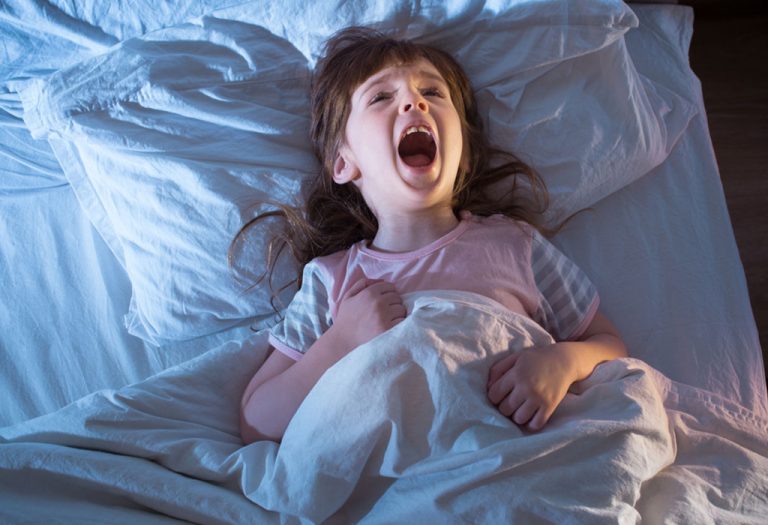
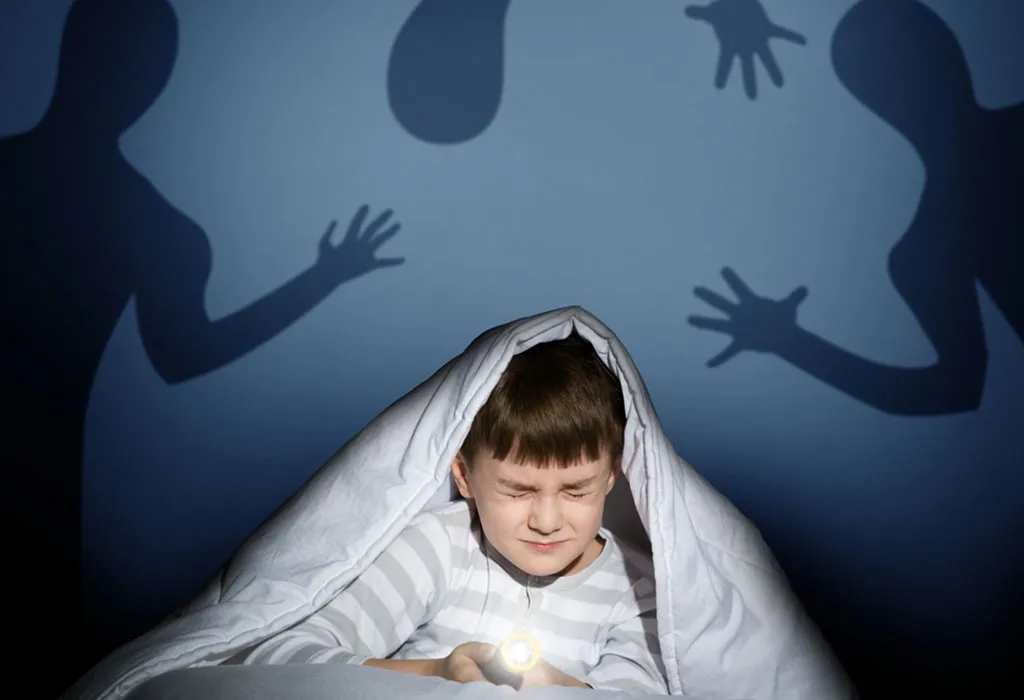
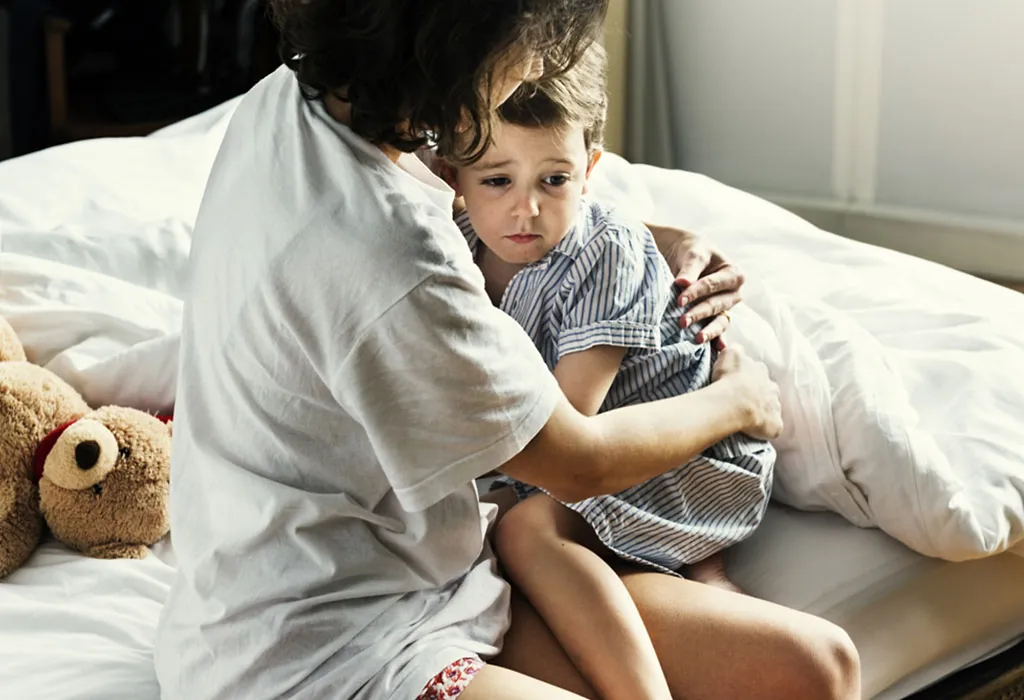
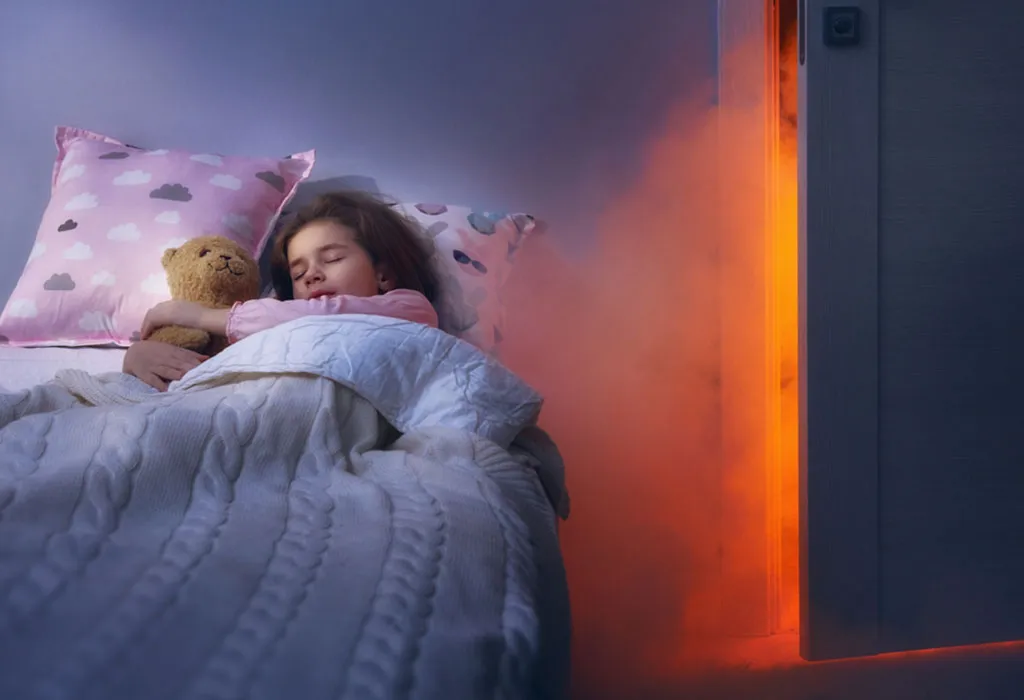


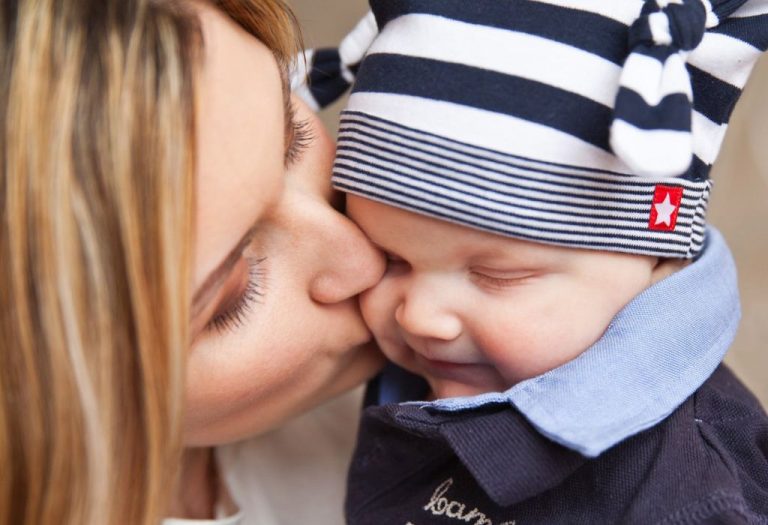

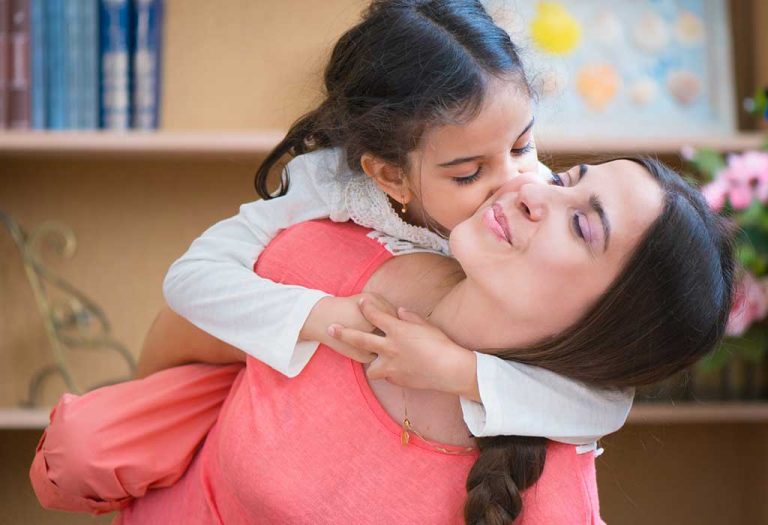



.svg)
















